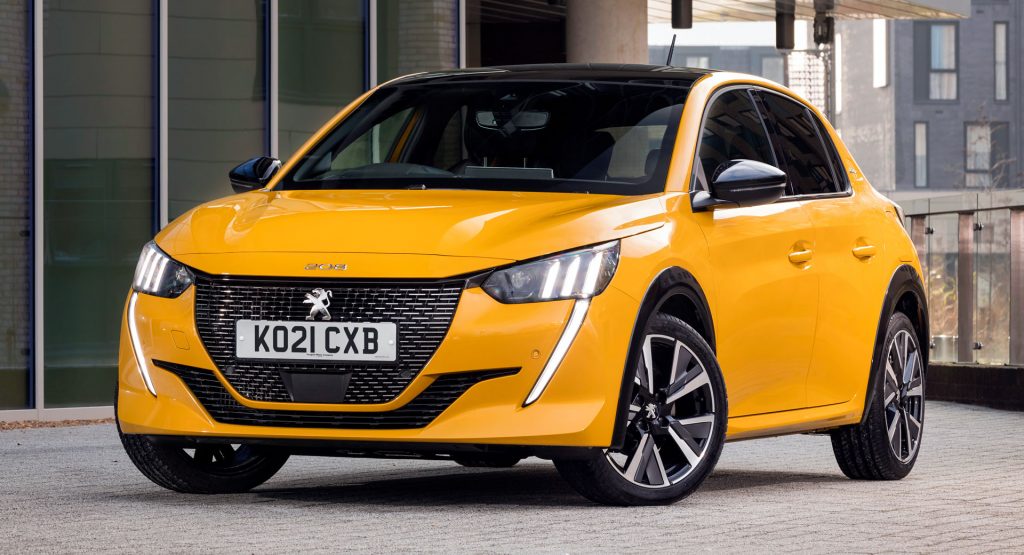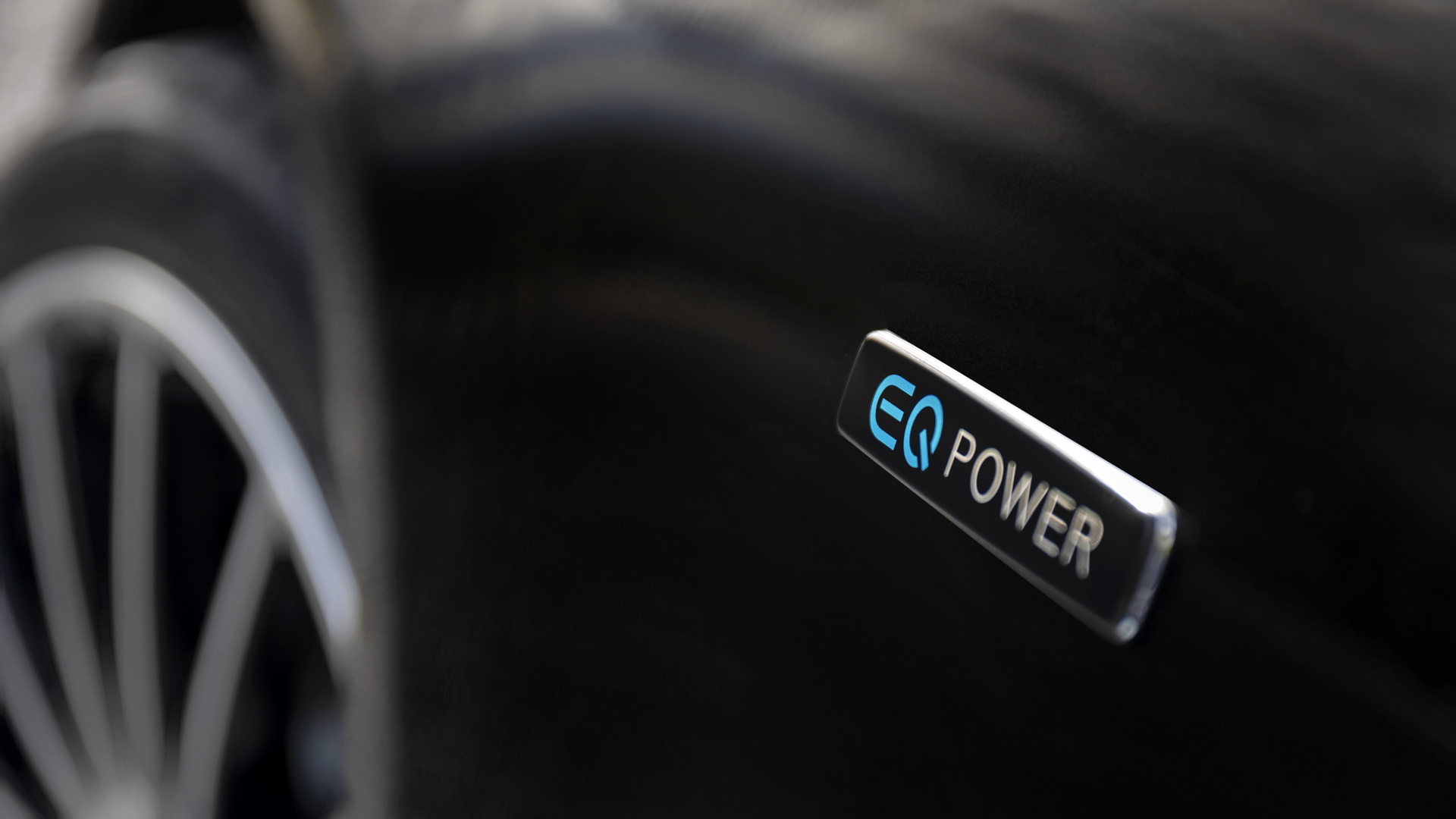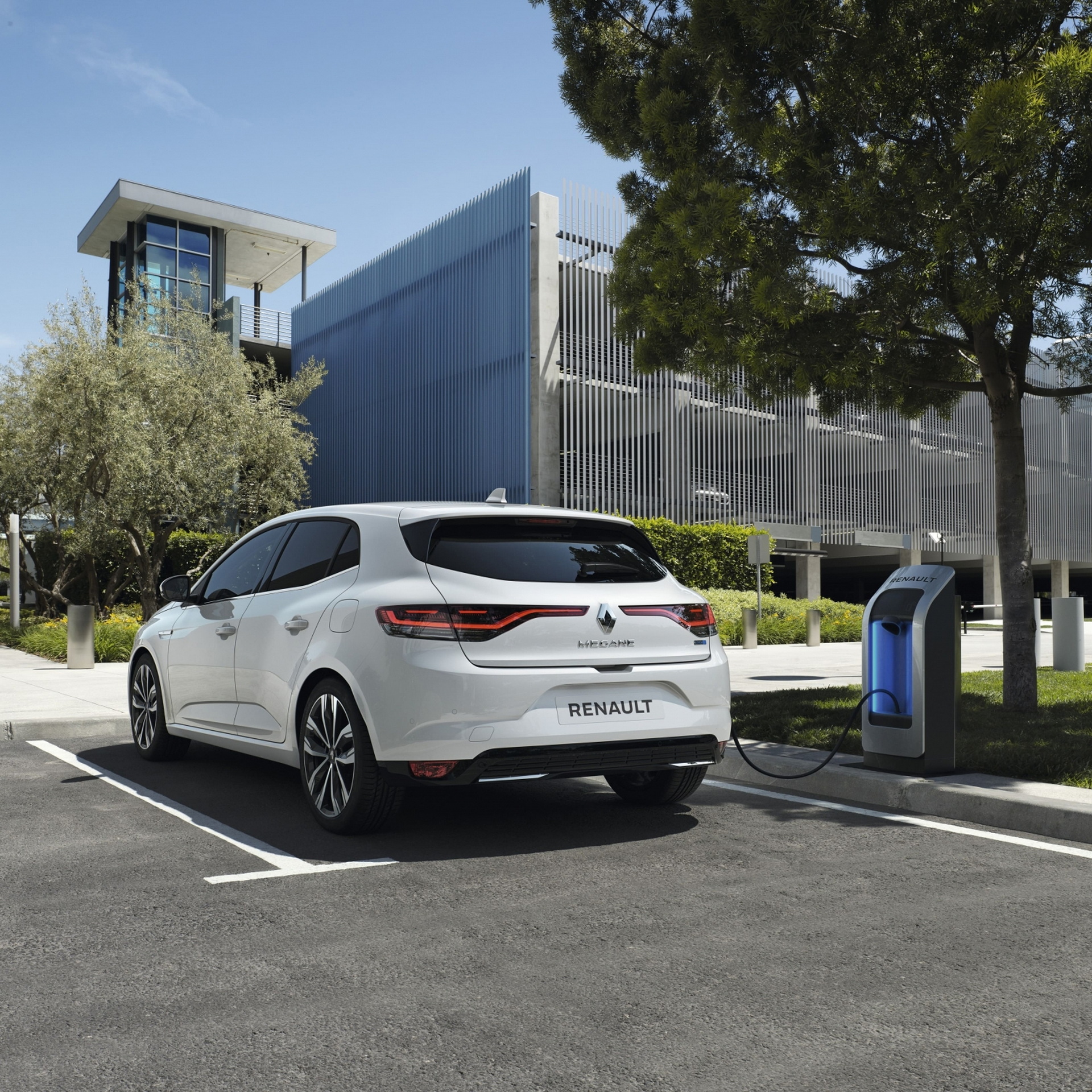With the European Union expected to announce new emissions targets tomorrow that would effectively end the sale of internal combustion engines by 2035, the French and German governments will try to delay the measure and introduce a longer-lasting phase-out period.
An unnamed French official in President Emmanuel Macron’s office said that the French government backs targets that would see carmakers reduce their emissions by 55 percent from 2021 levels by 2030 and aims for plug-in hybrids to remain on the market longer, according to Automotive News.
That’s a more lenient approach than the one adopted by the EU, which reports suggest will aim to reduce emissions by 65 percent from 2021 levels by 2030 and drop them to zero by 2035.
Read Also: European Climate Group Comes Out Against Plug-In Hybrids
Germany’s Transport Minister Andreas Scheuer has also chimed in on the issue, speaking to German press agency DPA.
“I believe that all car and truck manufacturers are aware that stricter specifications are coming. But they have to be technically feasible,” he said, adding that there needs to be more leniency for plug-in hybrids and a greater focus on hydrogen for heavy trucks.
Macron’s position comes after meetings with top executives from companies like Stellantis and Renault, as well as suppliers like Valeo, Faurecia, and Plastic Omnium. Many automakers were caught off-guard by EU plans that would effectively make plug-in hybrids useless after 2035. While many automakers have planned to electrify their entire lineups in the near future, to some automakers “electrify” can mean as little as a 48-volt mild-hybrid system.
Many automakers have expressed concern over the jobs that might be lost in the transition to EVs, too. With fewer moving parts, the vehicles are less labor-intensive to make and la Plateforme Automobile, France’s main lobby group for the industry, estimates that the nation could lose more than half of its auto jobs.
Perhaps aggressive environmental measures are inevitable as part of the effort to combat climate change, though. Last month, the World Meteorological Organization estimated that we might fail to meet the climate goals set by the Paris Agreement as early as 2026. As the planet heats up, it will only get harder to slow down climate change, per a draft report from the UN’s climate scientists seen by France 24. That could produce “progressively serious, centuries’ long and, in some cases, irreversible consequences.”
However, with two of Europe’s biggest automaking countries pushing to slow climate measures, there could be a battle brewing in the EU.






